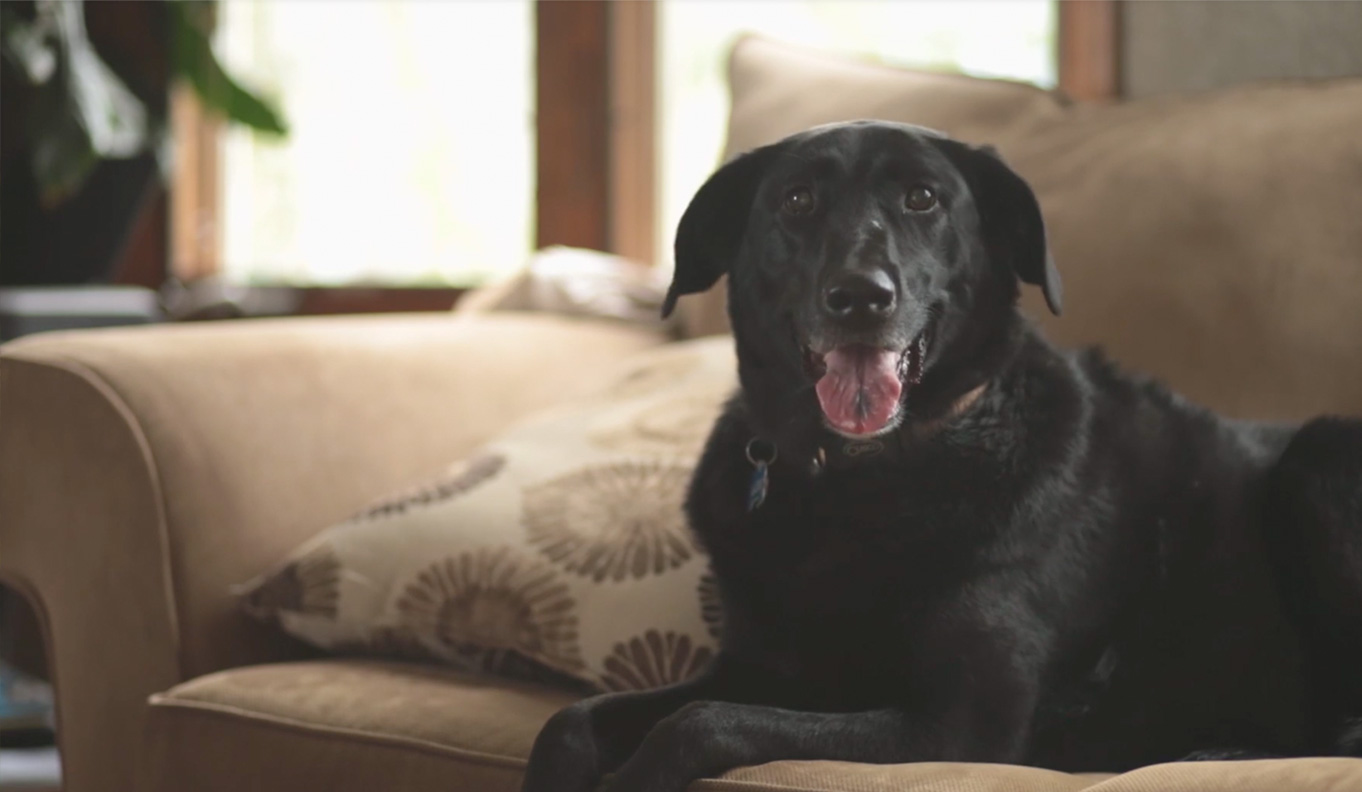VETERINARY RESOURCES
Common urinary issues in senior dogs
By Gary P. Oswald, DVM, DACVIM (Int. Med)

A thorough patient history, including a cognitive questionnaire, should be completed. Also, a complete examination should be performed, with an emphasis on caudal abdominal palpation; evidence of perivulvar or preputial wetness or skin/haircoat change; digital rectal palpation of the prostate (male) and pelvic urethra (female); and orthopedic and neurologic exams. Complete initial diagnostics involve standard laboratory evaluation (CBC, CHEM); urinalysis, including sediment exam; and survey radiographs of the abdomen, thoracolumbar spine and pelvic region. Additional diagnostics may sometimes be indicated, including urine culture, abdominal cavity ultrasound, endocrine testing and urinary endoscopy.
Dogs with confirmed or suspected involuntary urinary incontinence usually have a weak urethral sphincter apparatus. An alpha-adrenergic agonist, such as phenylpropanolamine, should be used; this drug is proven to restore effective sphincter tone and improve or resolve involuntary incontinent leakage. It may also help prevent ascending urinary tract infection.
Bacterial infection of the lower urinary tract is common in senior dogs, especially if they have concurrent incontinence, uroliths or a history of frequent antibiotic therapy. Periuria, pollakiuria, stranguria and dysuria are frequent clinical signs. A urinalysis specimen should be collected by cystocentesis and a urine culture submitted. Appropriate antibiotic therapy should be initiated based on ISCAID guidelines and culture results. Antibiotic selection, treatment duration and clinical follow-up are extremely important to prevent development of a multi-drug-resistant bacterial urinary infection. A strategy to prevent recurrent infection should also be considered. Improving urethral sphincter tone with phenylpropanolamine, and supplements that help reduce bacterial adhesion to the uroepitheium, such as American cranberry extract (vaccinium marcocarpon), is useful.
Unfortunately, neoplasia is diagnosed in some senior dogs with abnormal urinary signs. Transitional cell carcinoma develops within the bladder and urethra. Male dogs may develop prostatic carcinoma. Periuria, pollakiuria, stranguria, dysuria and hematuria are usually present. Urinalysis generally demonstrates hematuria, leukouria and proteinuria; atypical transitional cells may be observed. Radiographs and ultrasound should be performed, especially if the response to treatment for a presumed bacterial urinary tract infection was poor.
Polyuria and polydipsia are frequently documented in senior dogs with metabolic or endocrine issues. Increased urine volume may lead to periuria and be confused with lower urinary tract disease. Appropriate testing and treatment to resolve the primary disorder need to be performed.
Periuria resulting from osteoarthritis or other musculoskeletal issues should be treated with pain management or other interventions as needed, to help the patient improve his/her mobility.
Many senior dogs experience a loss of cognitive function. Behavioral and environmental modification along with pharmacologic therapy may improve periuria associated with this issue.
Senior dogs with abnormal urinary tract signs require our full diagnostic and clinical attention. Many can be treated, and quality of life improved for both
dog and owner.
Dr. Gary P. Oswald, a Diplomate of the American College of Veterinary Internal Medicine, is a board-certified specialist in veterinary internal medicine. He is the department head of Internal Medicine and department co-head of Emergency Services at Tampa Bay Veterinary Specialists & Emergency Care Center.